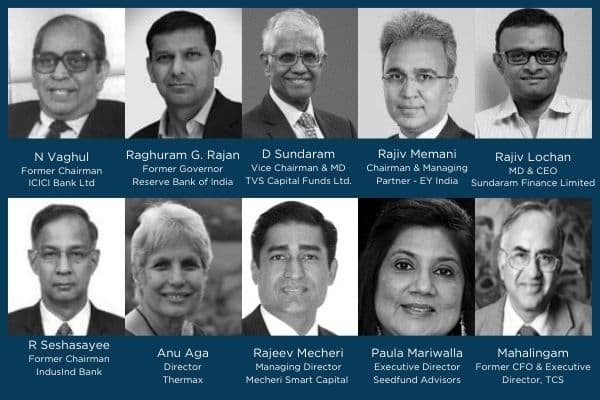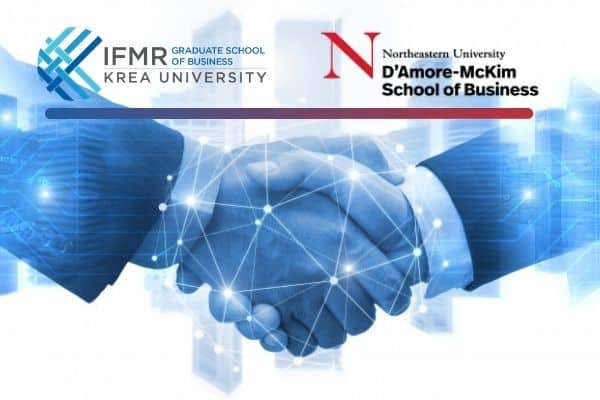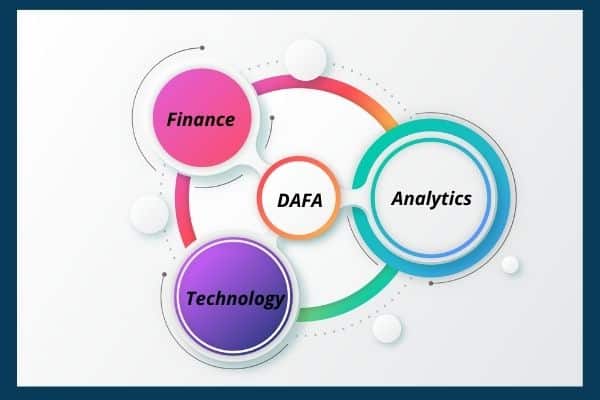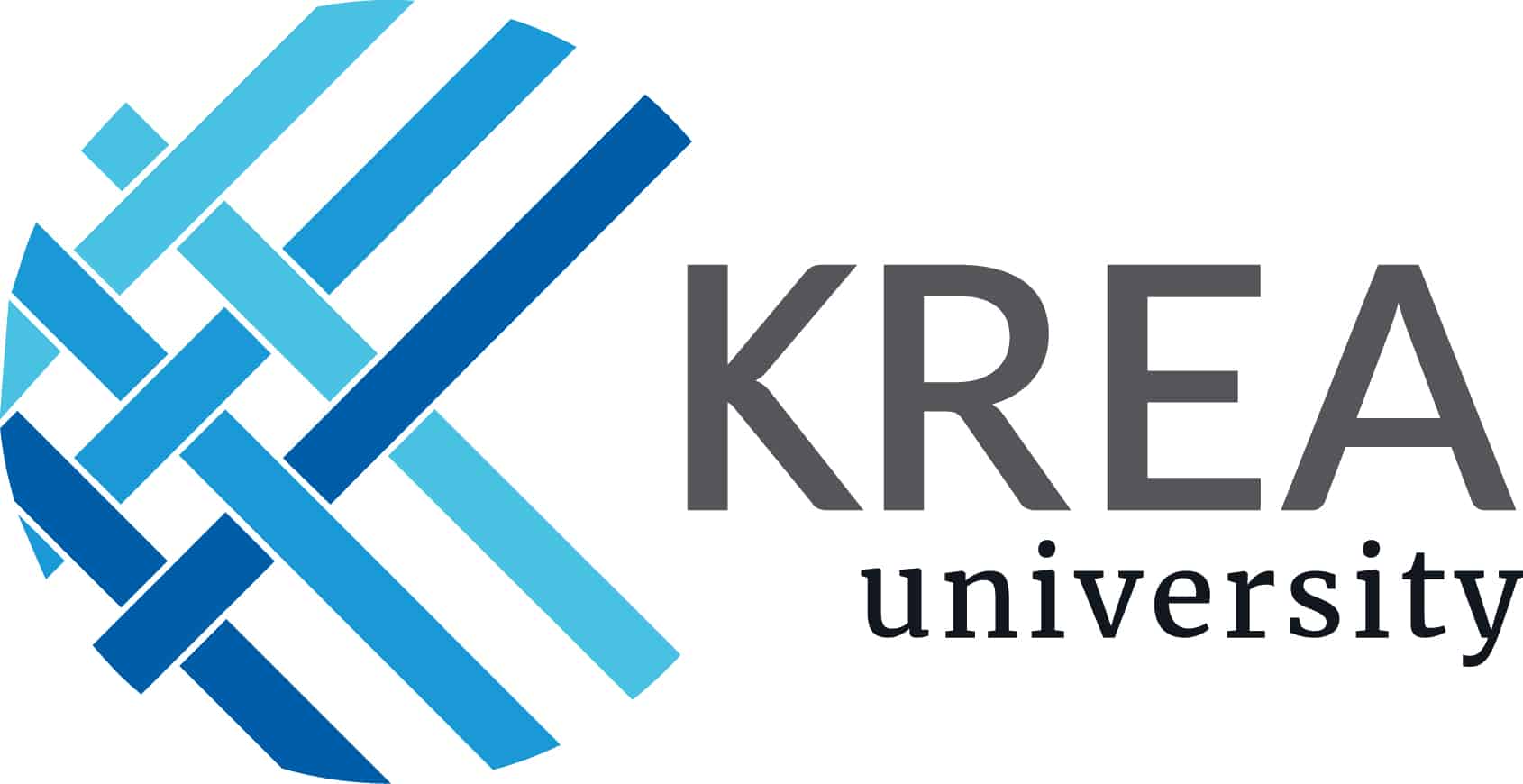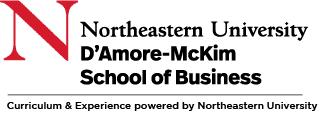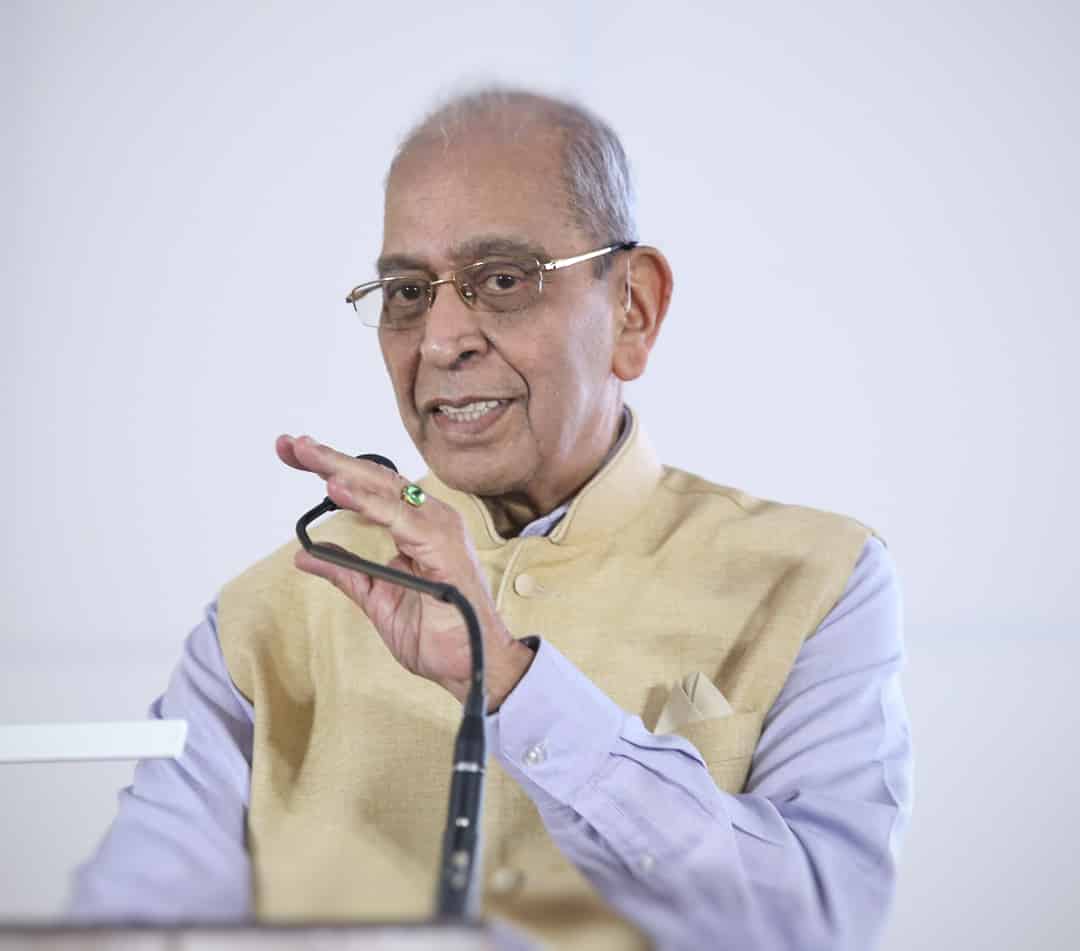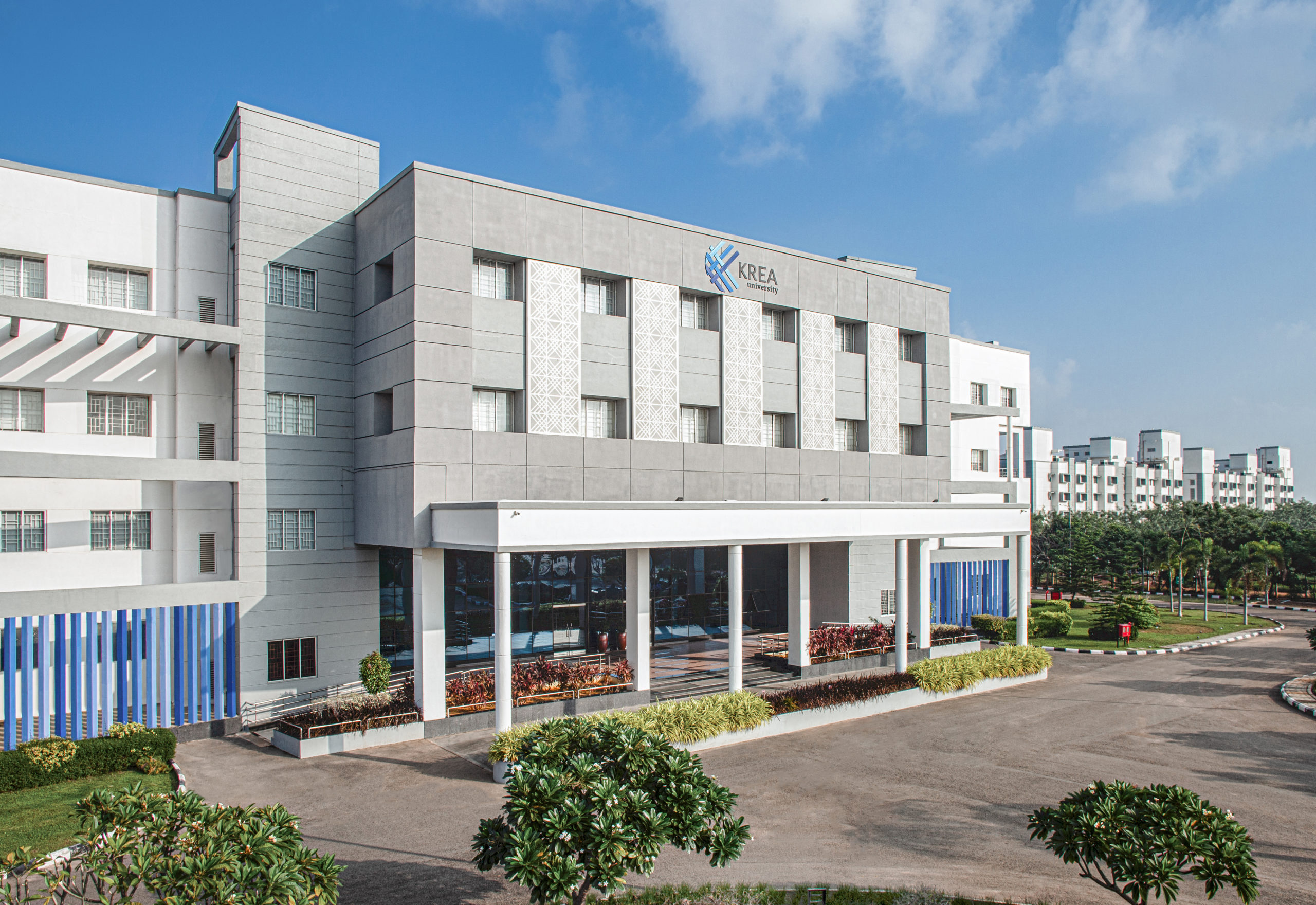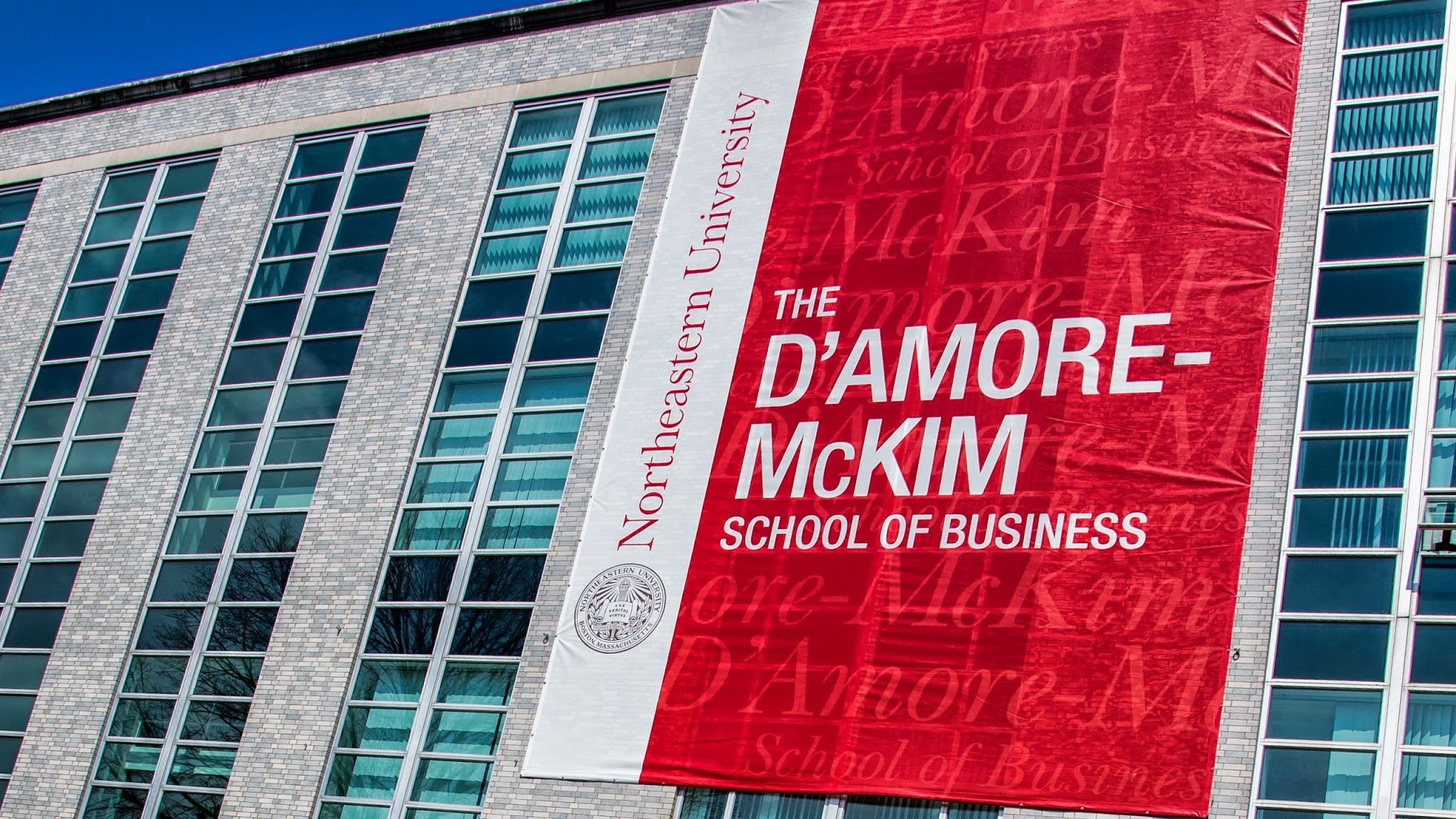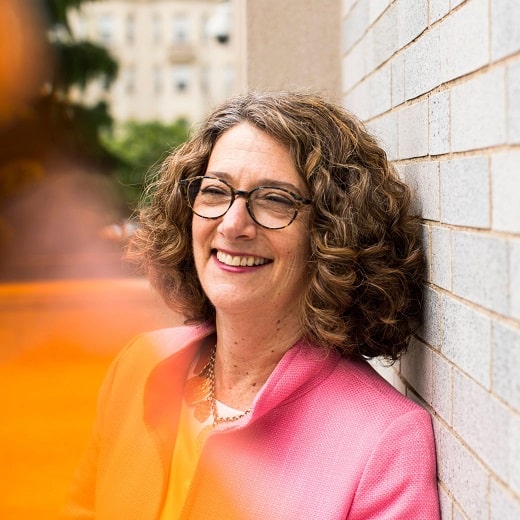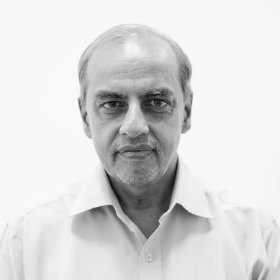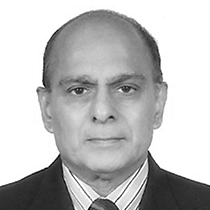Academics & Curriculum
The immersive learning experience comes with an intensive application-oriented curriculum. The programme strengthens the foundation in core financial concepts and other prerequisite skill sets such as programming, mathematics and statistics before leading the learner into a rigorous and advanced understanding of financial analytics and fintech, and quantitative finance.
Conceptual Foundations in Finance
130
hours
-
Financial Accounting
-
Corporate Finance
-
Foundations of Mathematics and Statistics
-
Programming for Finance
-
Introduction to FinTech
-
Financial Markets & Institutions
-
Introduction to Machine Learning
-
Investment Analysis
-
Financial Career Lecture Series


